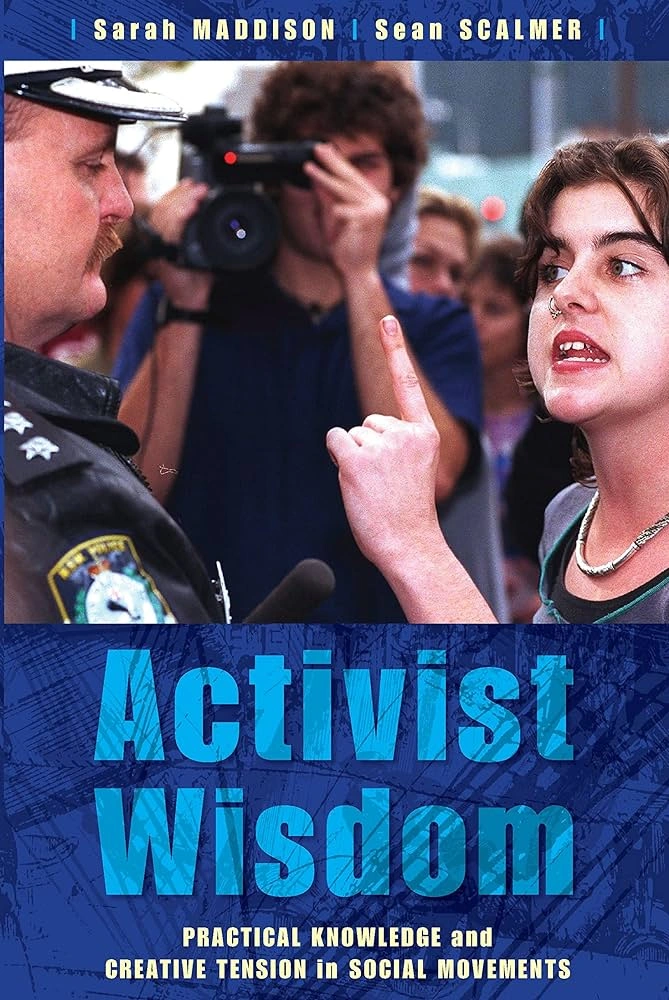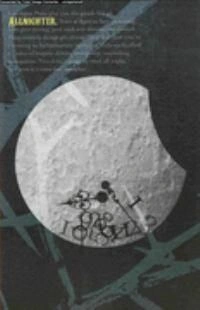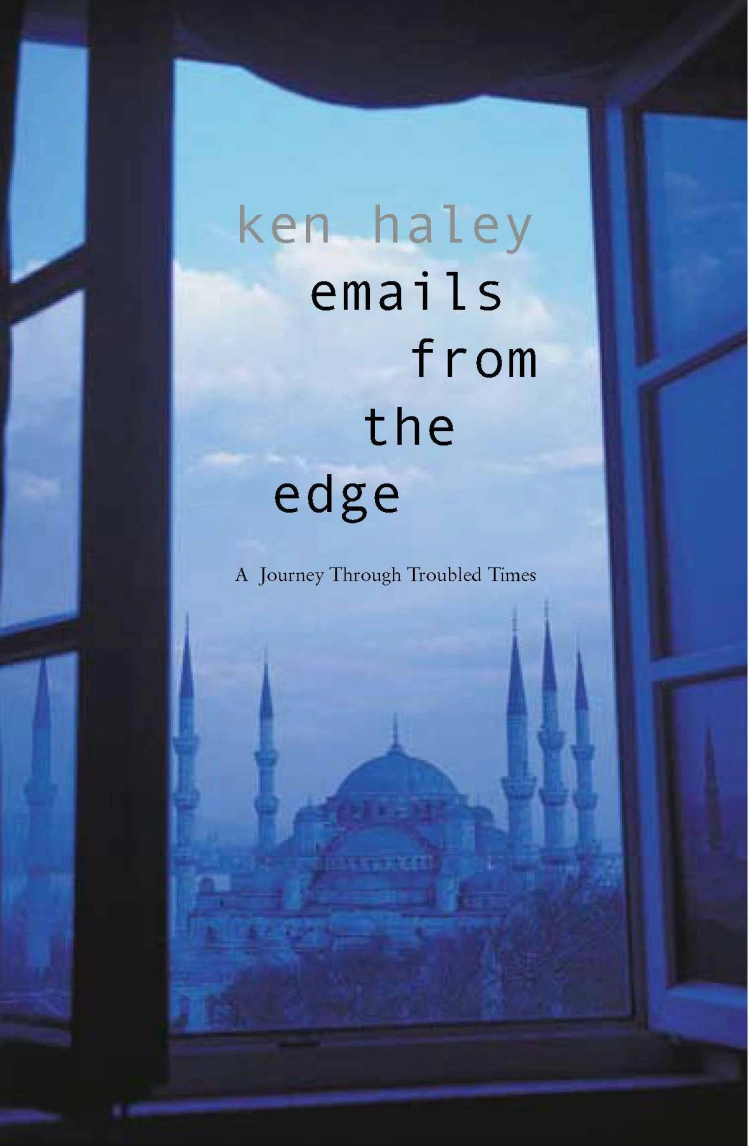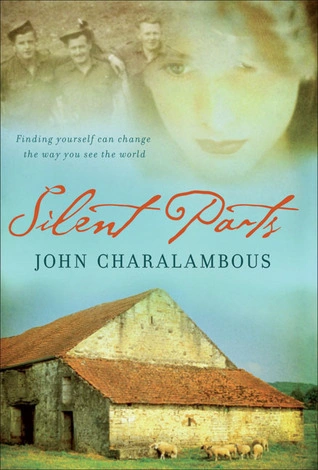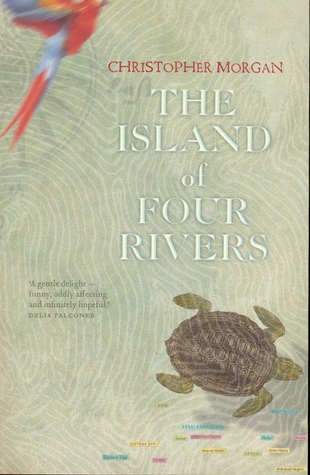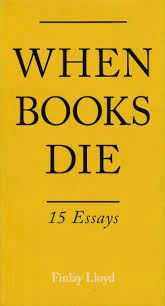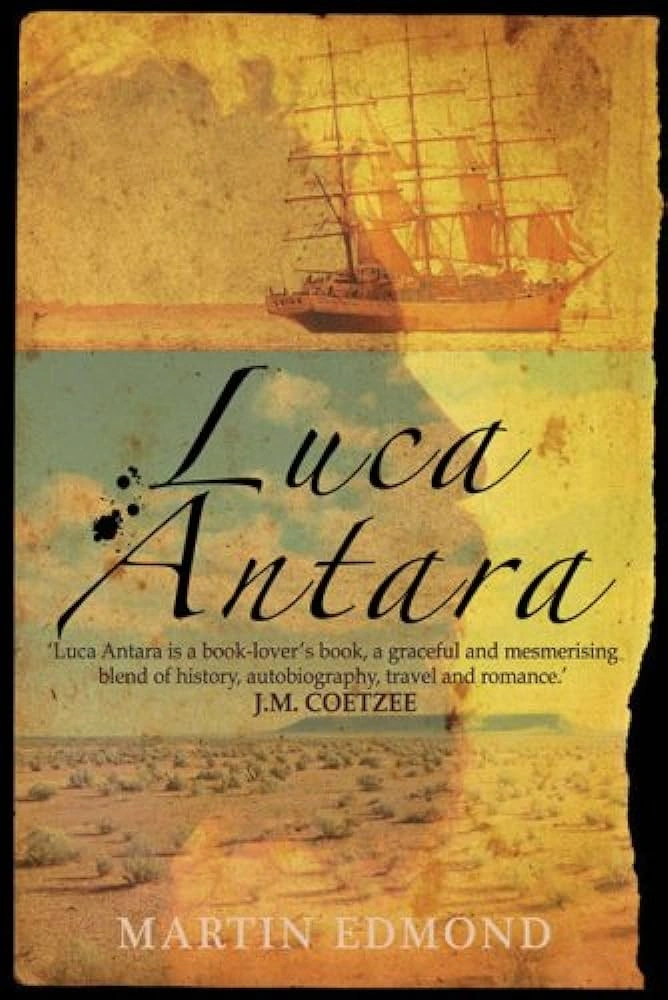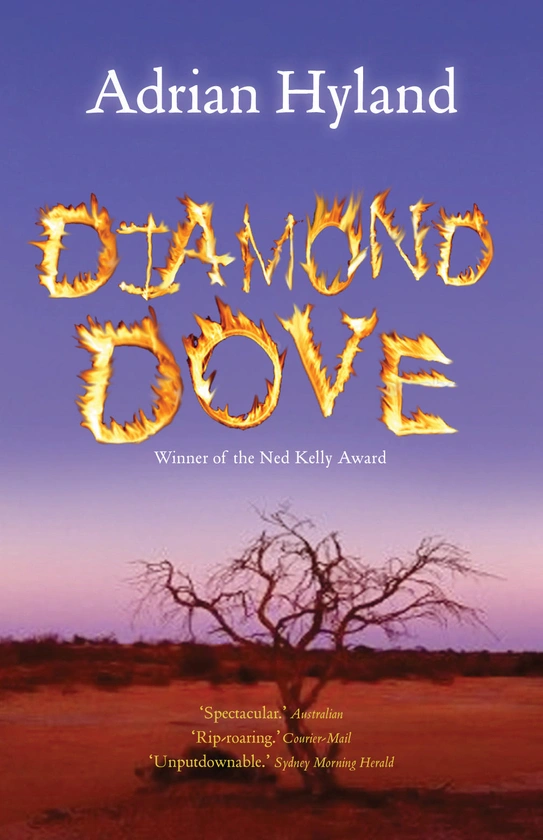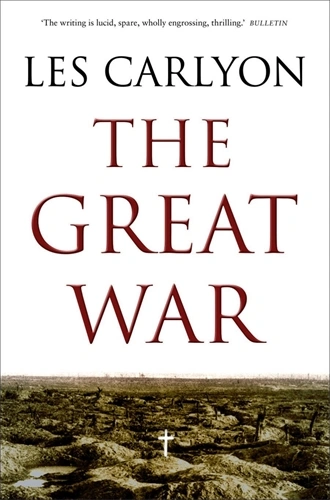Archive
Activist Wisdom: Practical Knowledge and Creative Tension in Social Movements by Sarah Maddison and Sean Scalmer
by Jay Thompson •
Emails from the Edge: A journey through troubled times by Ken Haley
by Rebecca Starford •
When Books Die: 15 Essays edited by Finlay Lloyd
by Chris Boyd •
Luca Antara: Passages in search of Australia by Martin Edmond
by Christina Hill •
Diamond Dove by Adrian Hyland & The Cobbler's Apprentice by Sandy McCutcheon
by Kabita Dhara •
Australia and the Middle East: A front-line relationship edited by Fethi Mansouri
by Jonathan Pearlman •

